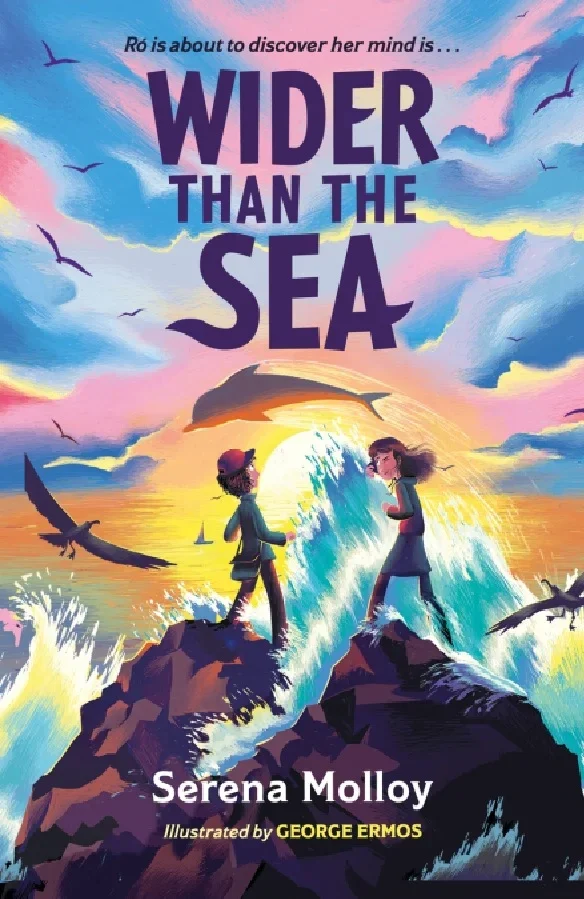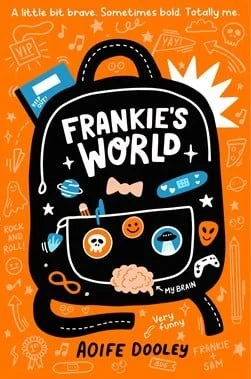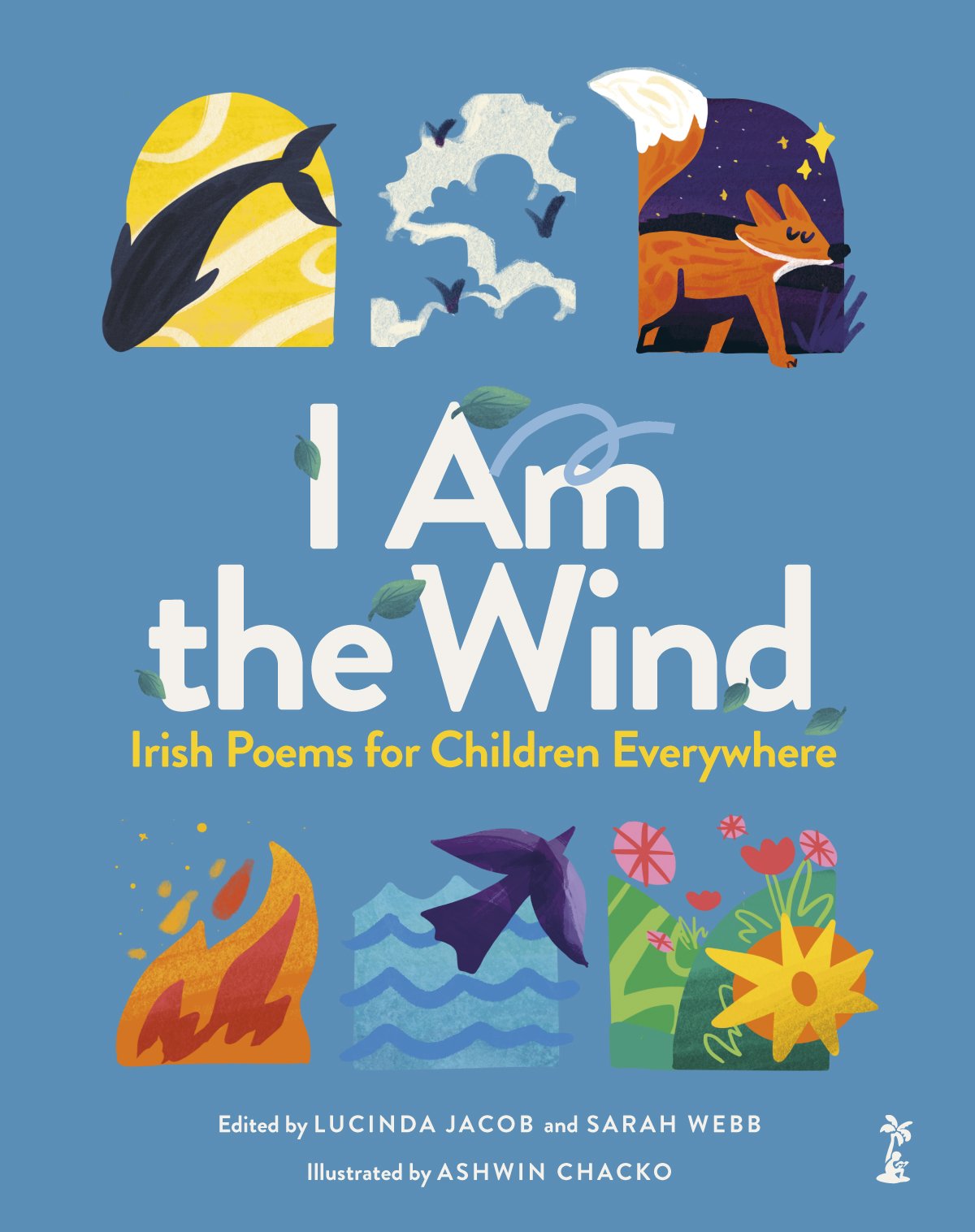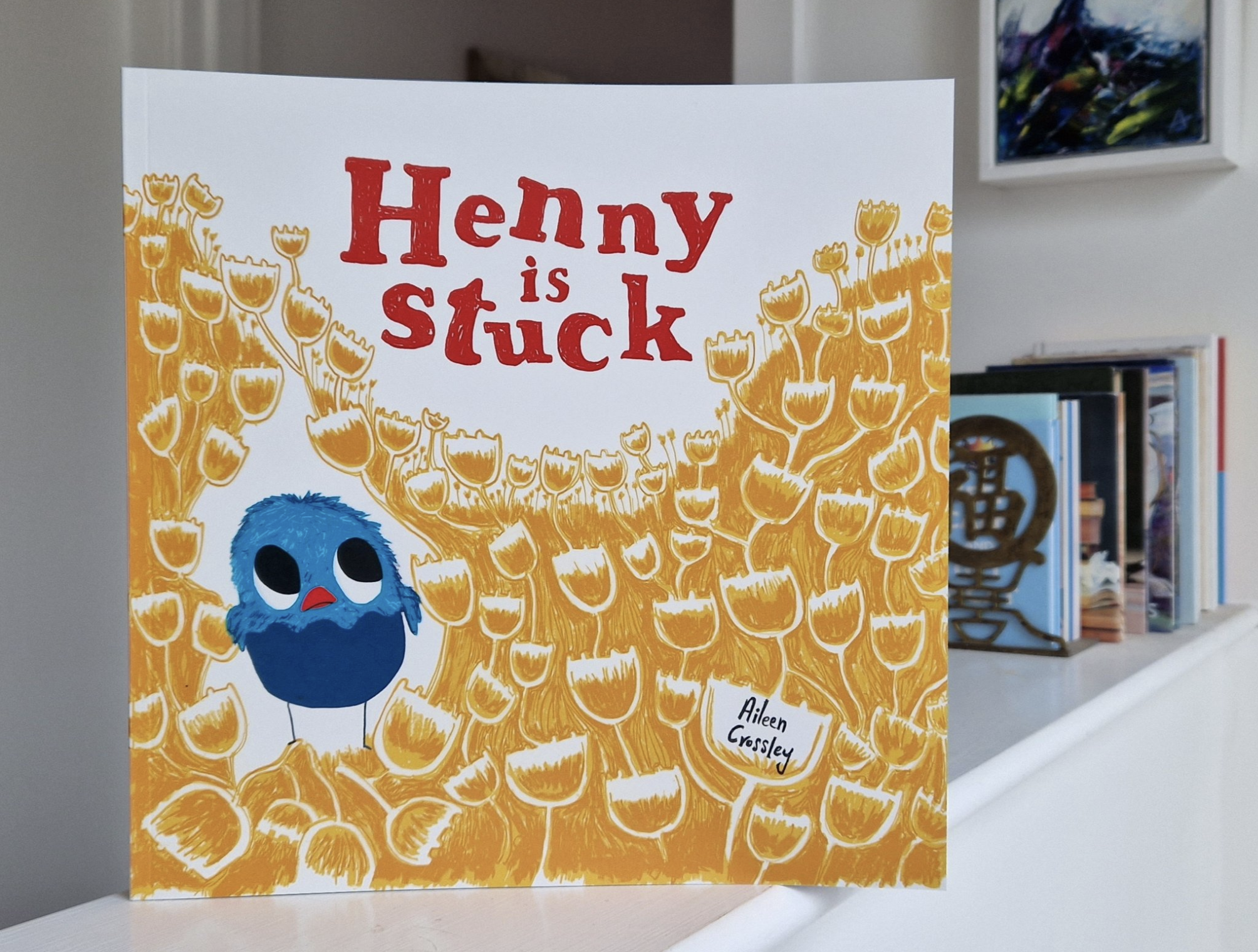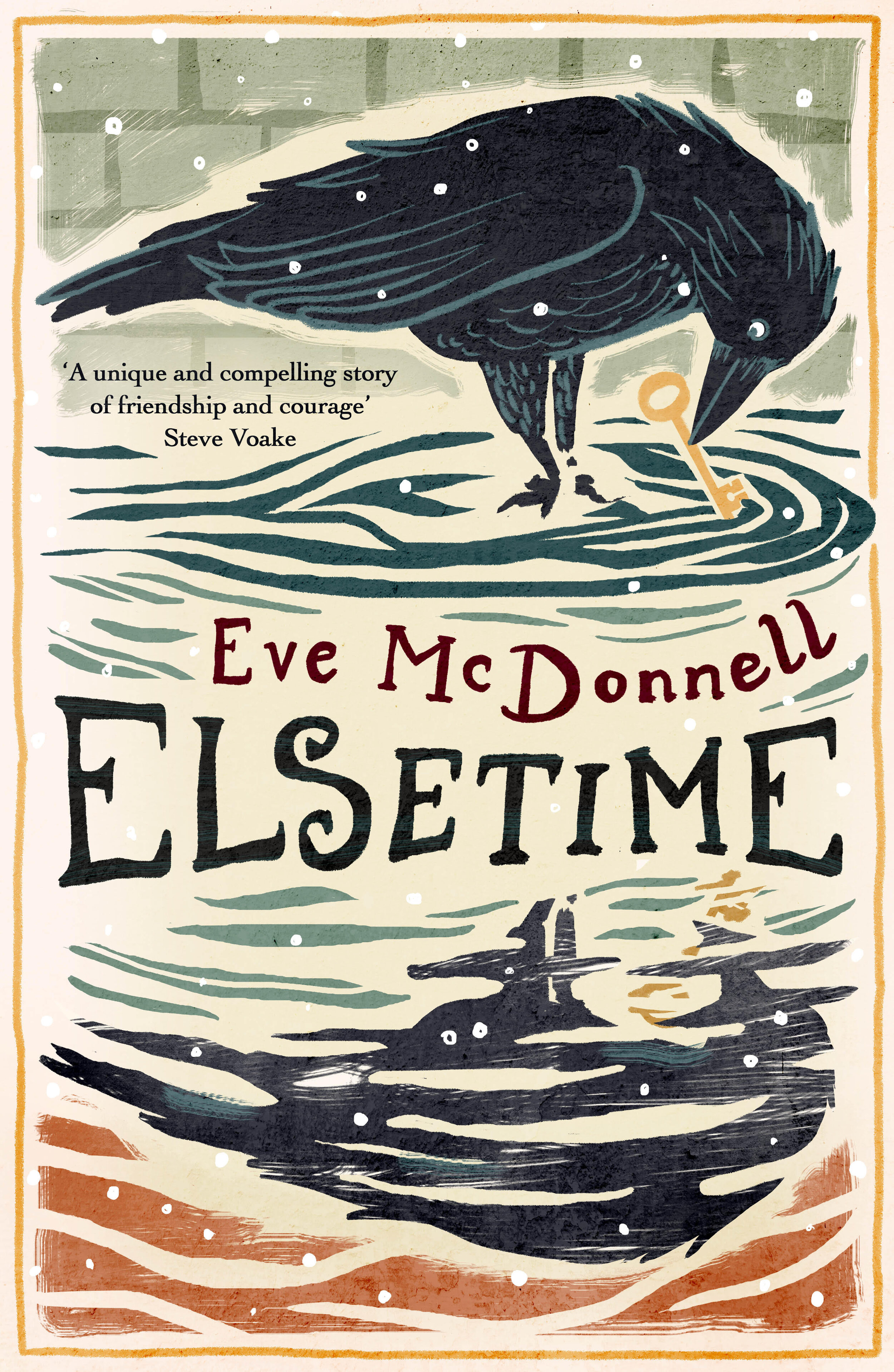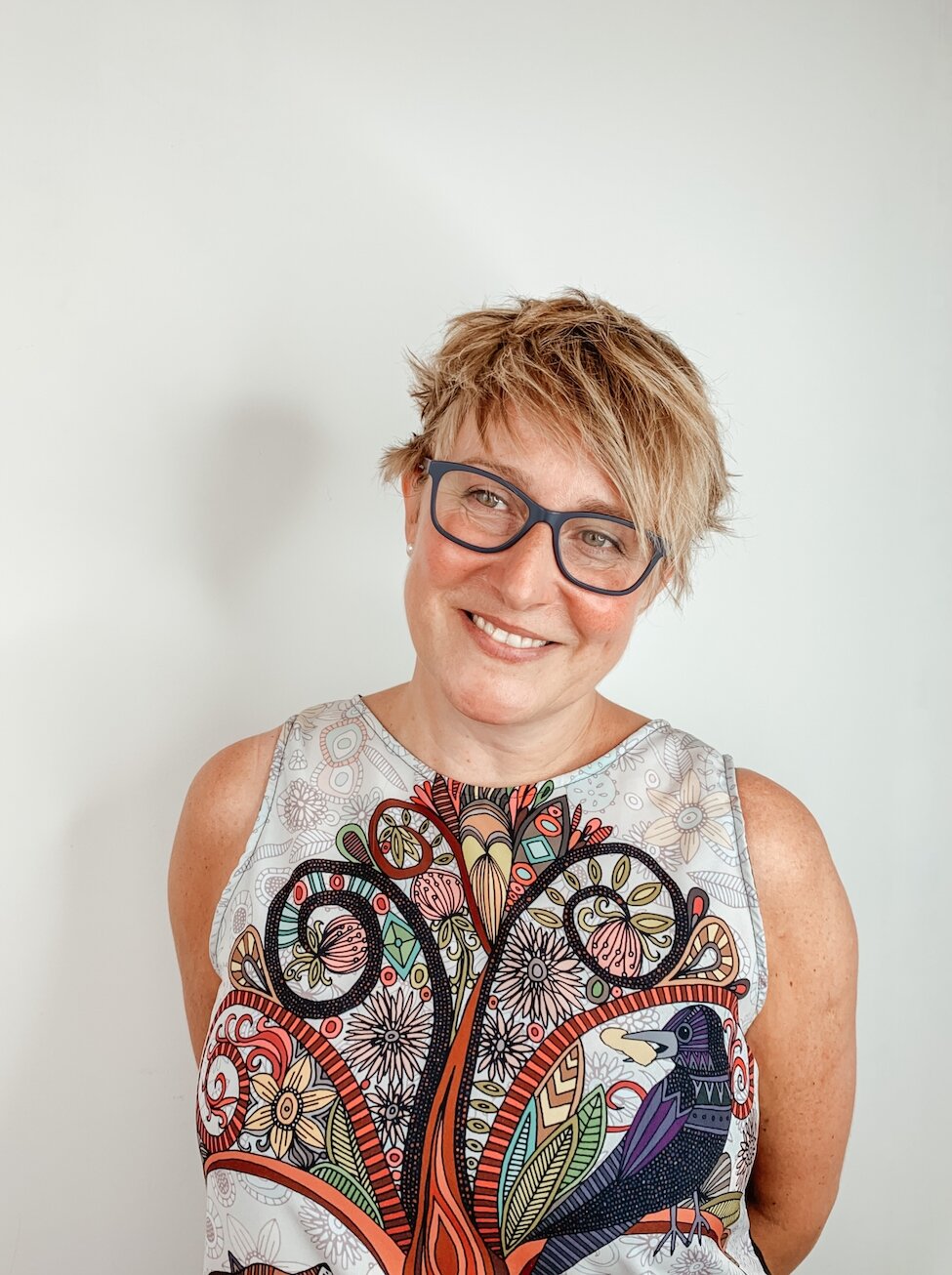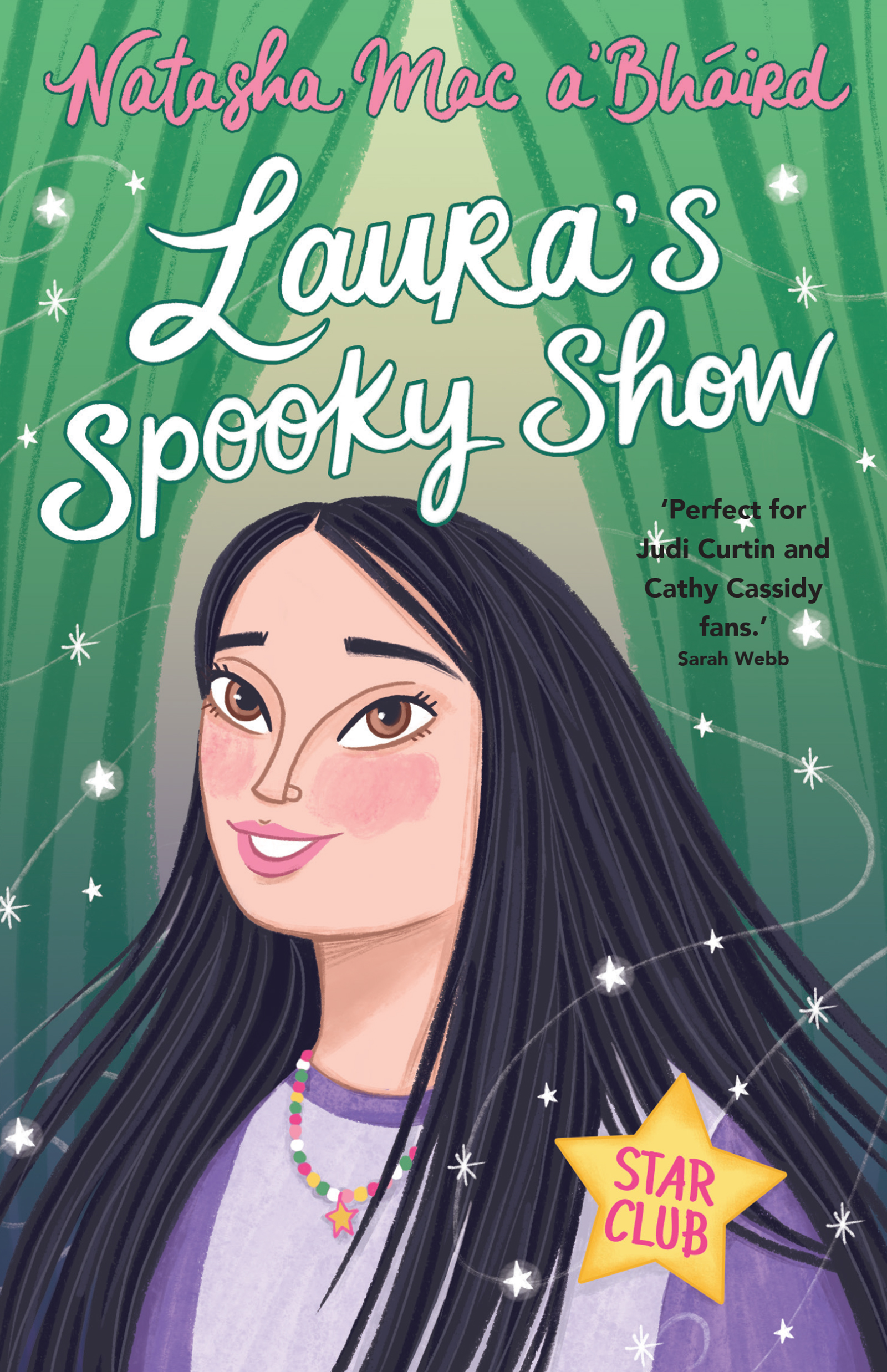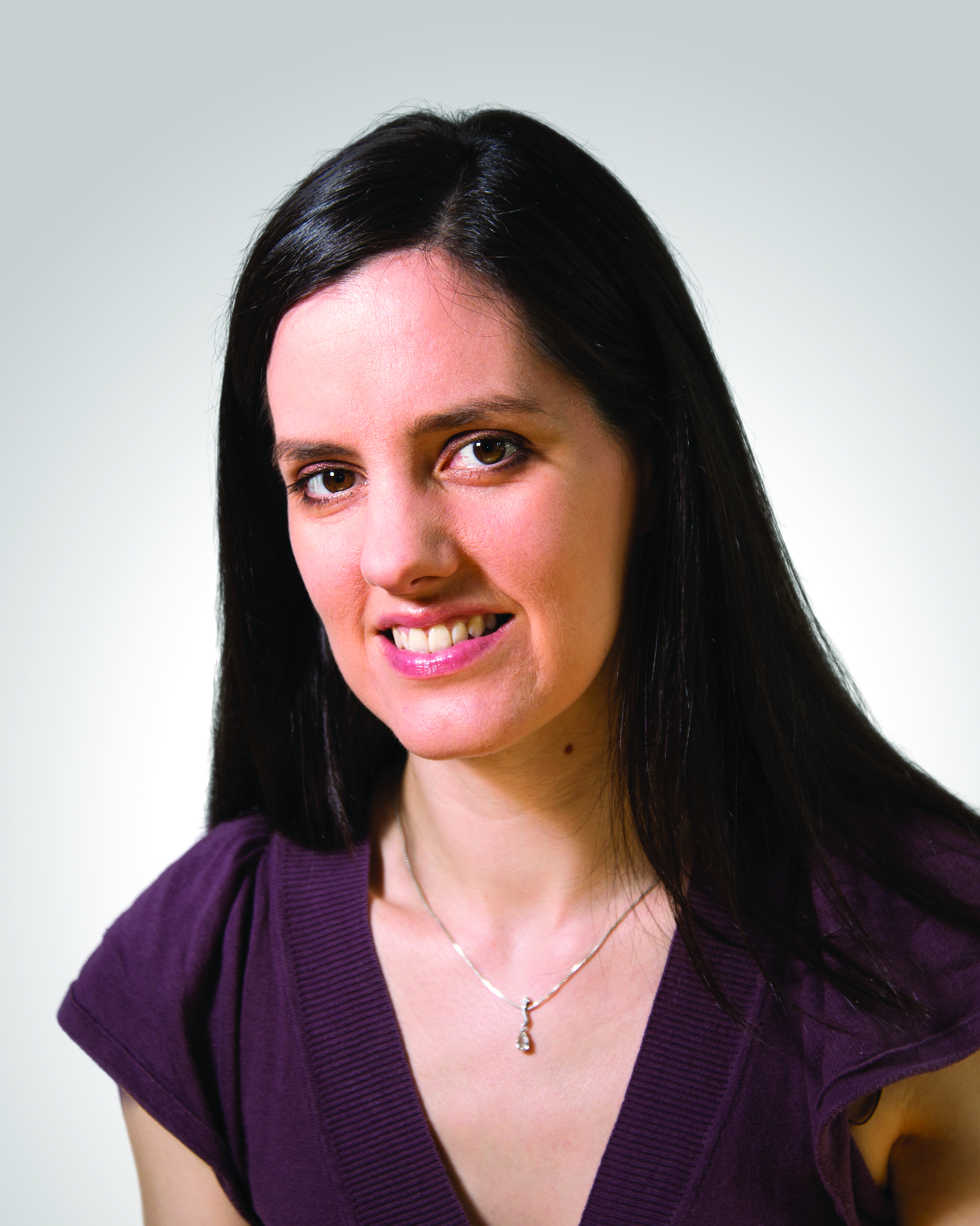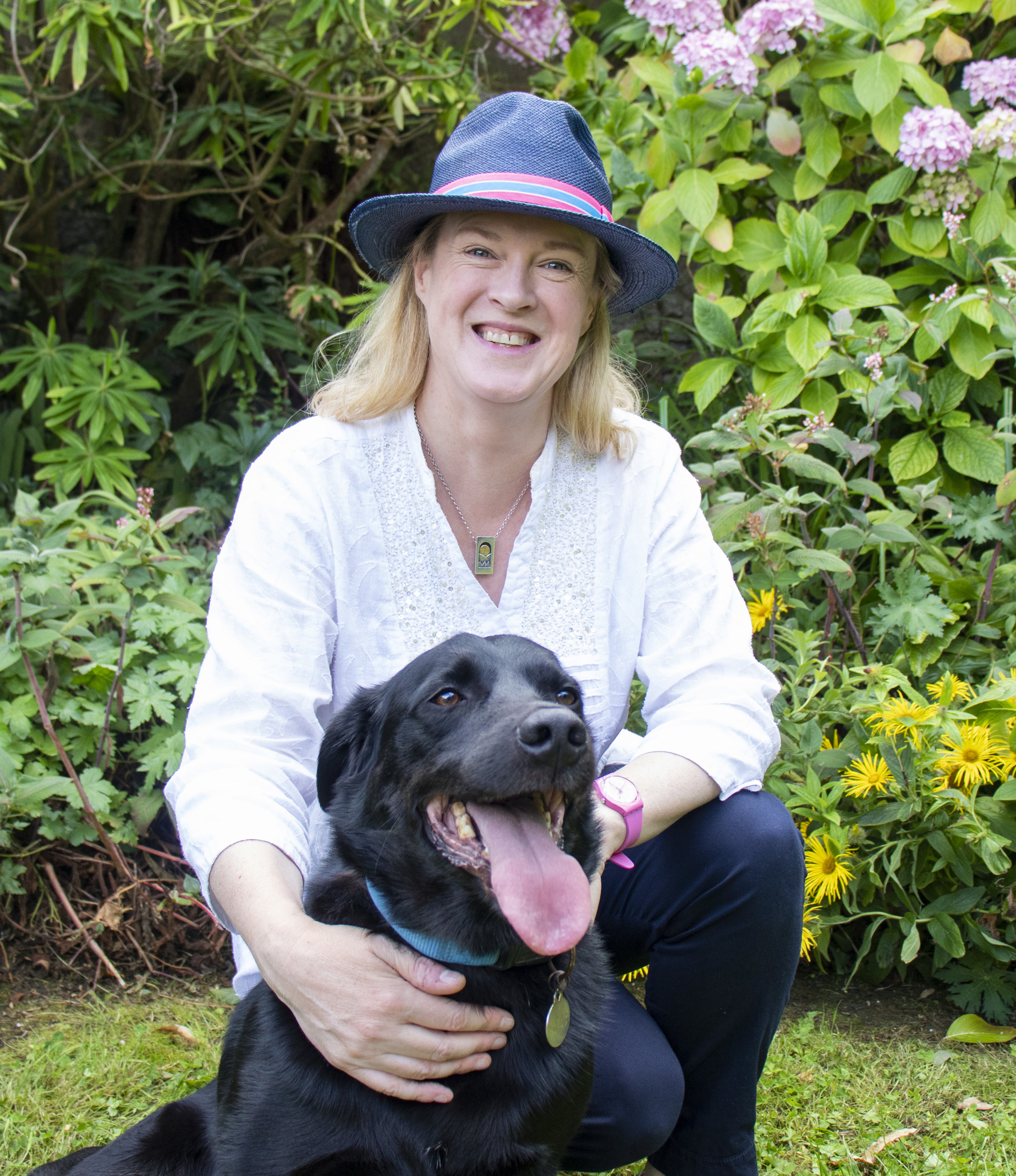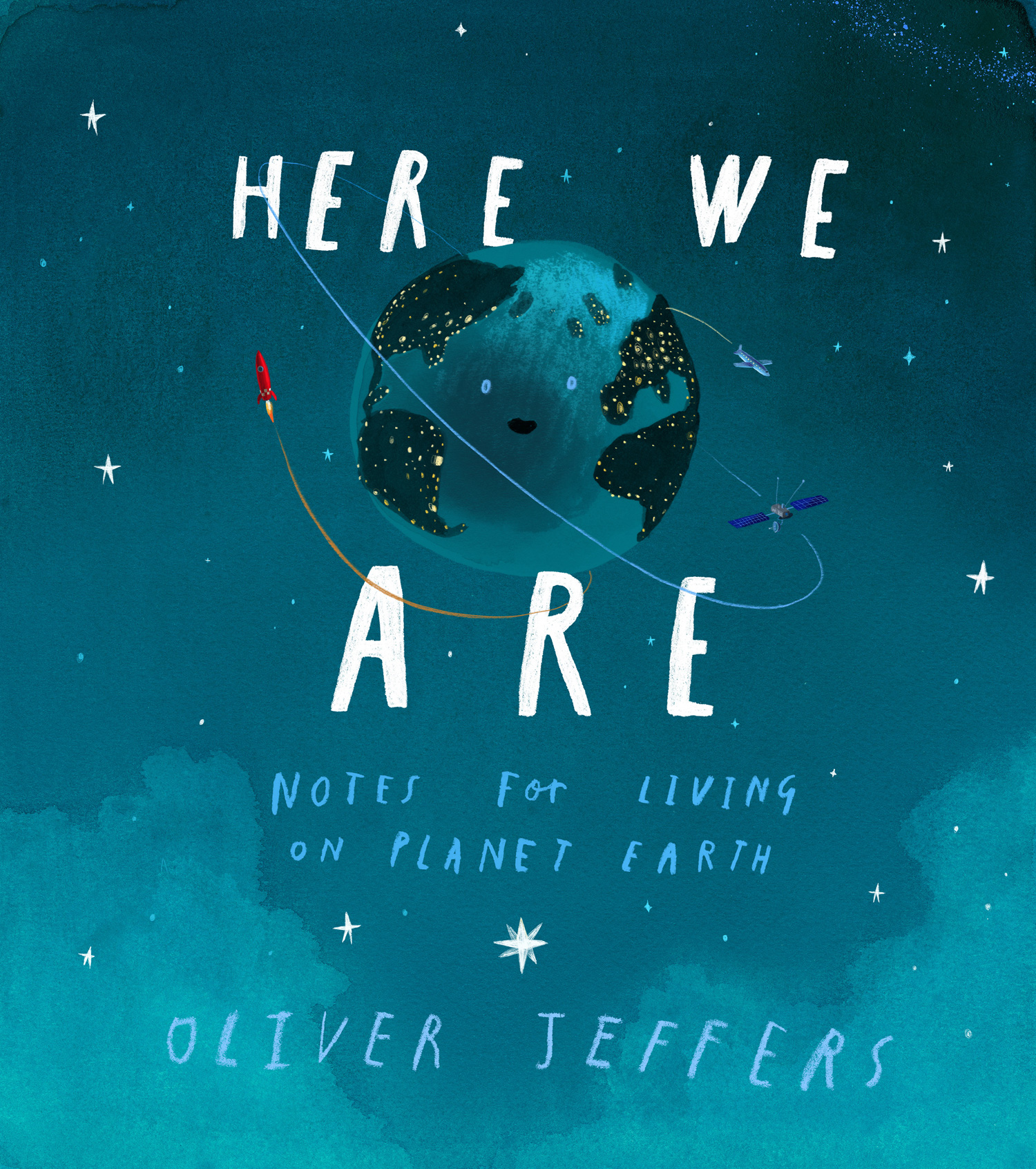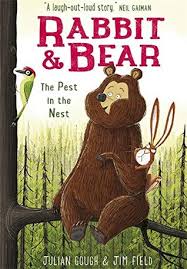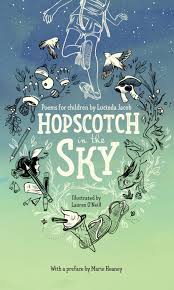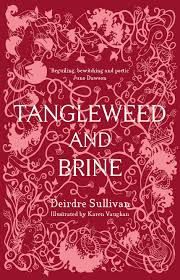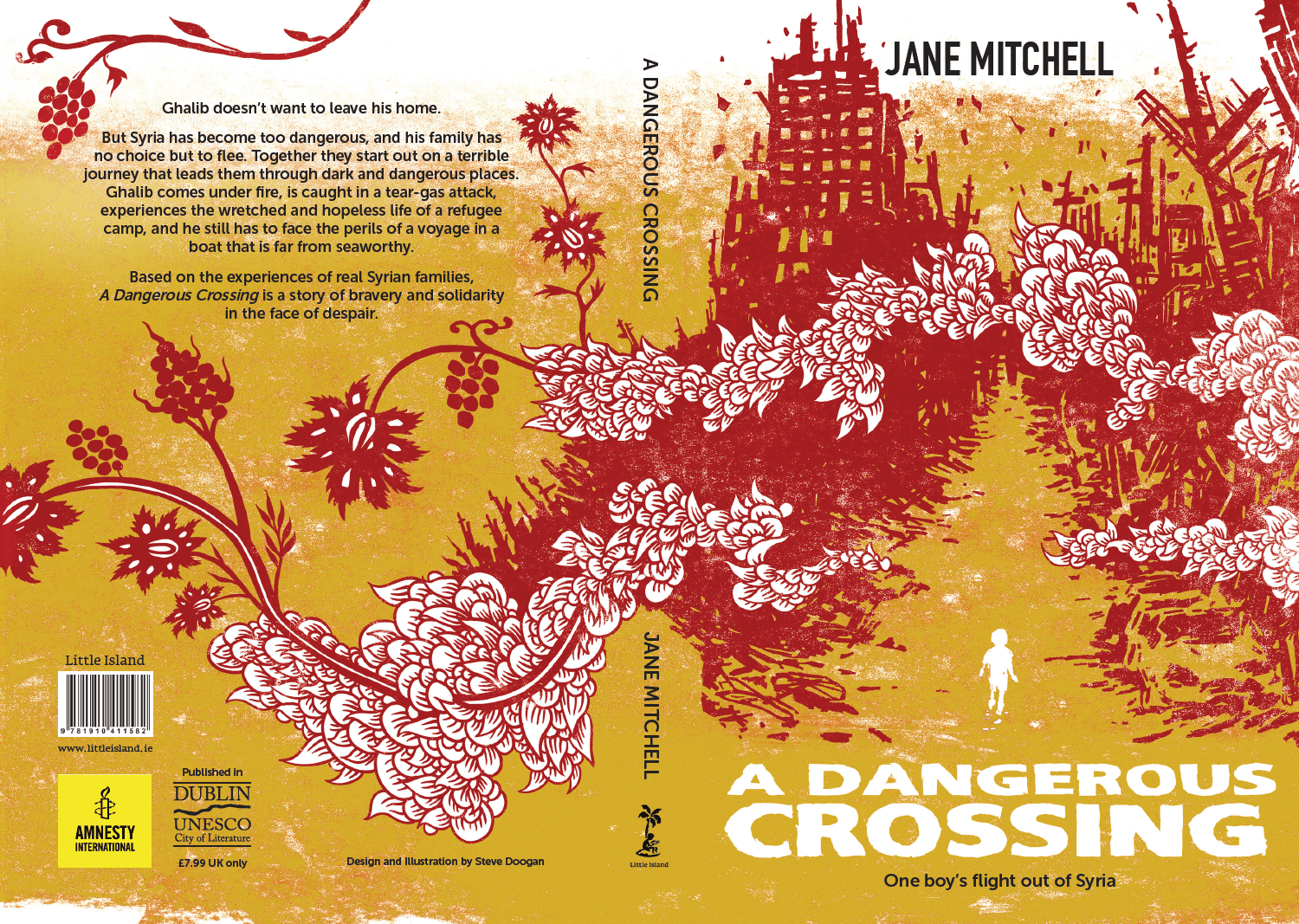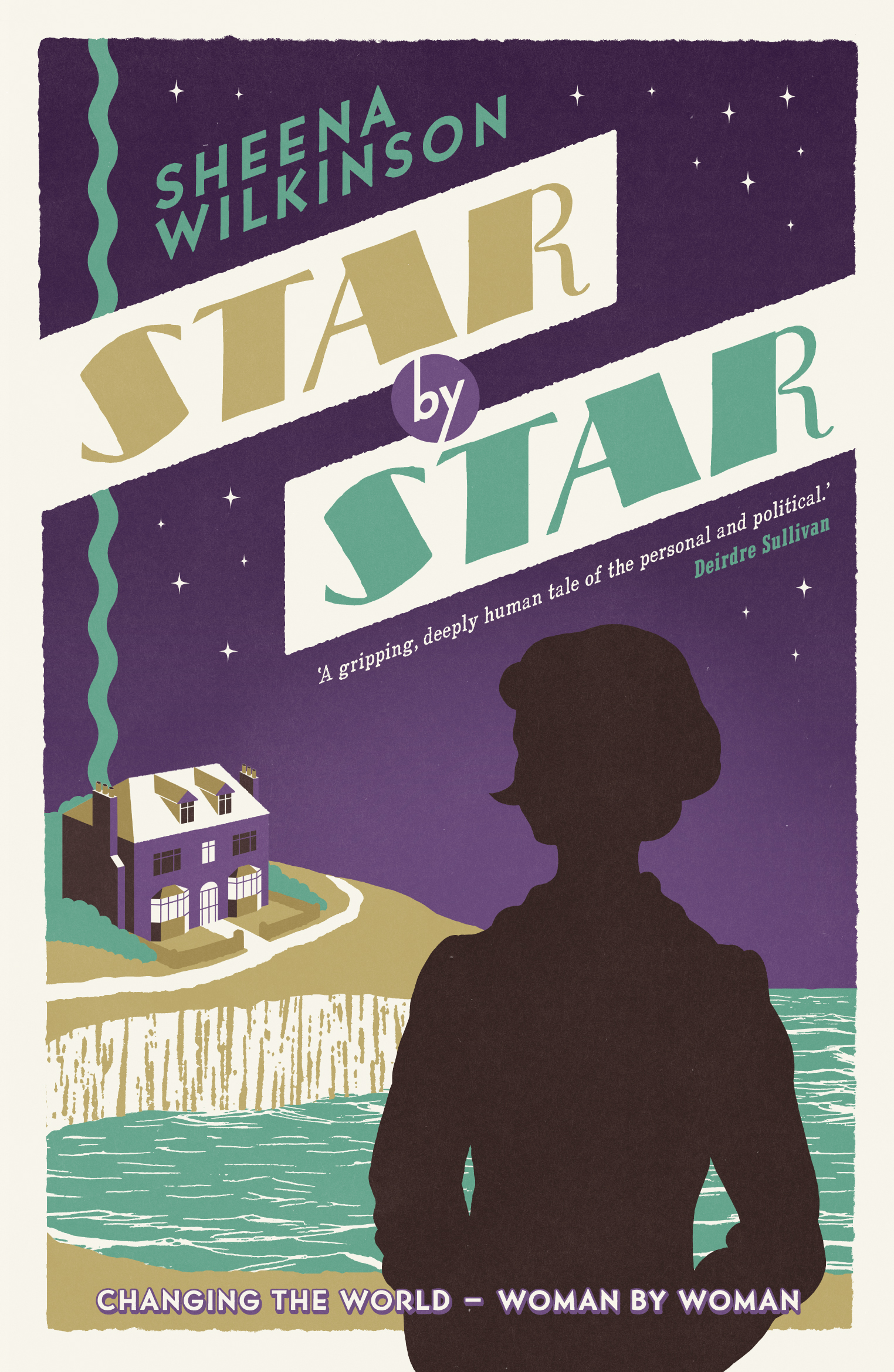Schedule of Programming
Many book festivals start programming six months to a year in advance. Many key names would be in place 6 to 10 months in advance for the children’s programme: ie Francesca Simon, Judith Kerr (or sometimes more).
If you are thinking about approaching a festival (and more on how to do this in a moment), make sure you don’t leave it too late. I would suggest at least 4 months before the festival is on.
What I Am Looking For:
1/ International names who will attract a large audience and fill a theatre (300+ seats) eg Francesca Simon, Eoin Colfer, Julia Donaldson, Michael Rosen.
2/ Strong, award-winning names for individual events and panels – esp writers who have written outstanding books (anything from 120 seats to 300+ seats depending on the artist) eg David Almond, Louise O’Neill, Patrick Ness, Katherine Rundell. Most festivals like to vary the writers they invite every year (although in the children’s world, the audience changes every 2 or 3 years – as they grow up!)
3/ Writers who are excellent at performing for school audiences and who have a strong body of work behind them. Experience is key for school events in a theatre (or in any venue). Ex-actors are particularly good, people who can also draw are useful. Eg Guy Bass, Steve Cole, Niamh Sharkey, Marita Conlon McKenna, Oisin McGann, Judi Curtin, Alan Nolan, Nicola Pierce.
4/ Exceptional storytellers eg Dave Rudden and Grainne Clear.
5/ Exceptional workshop leaders eg Dave Lordan, Celine Kiernan, Niamh Sharkey, Claire Hennessy, Sarah Crossan. The best ones engage 100% with the young writers/illustrators and bring something unique to their workshops.
6/ Exceptional new/newish writers for panel events featuring new voices – eg Catherine Doyle (for her MG book, coming in July) would be on my wish list for autumn 2018, Bethan Woollvin, John Kane – new picturebook makers.
I am lucky to be sent early proofs which I read eagerly. If you have written a brilliant, original and exciting book you have a good chance of being invited to a book festival. FOR ME IT ALL STARTS WITH THE BOOK.
7/ Exceptional picture book makers to give talks/workshops to children and also masterclasses to adults eg Yasmeen Ismail, Oliver Jeffers, Chris Judge, Chris Haughton, Niamh Sharkey.
8/ Unusual and original book related events. Esp non-fiction events in fact – history, natural history, science, maths. Come up with a unique and inspiring event and practice, practice, practice.
9/ Artists who are willing to work hard and go the extra mile. Artists who will muck in. Artists who offer to fill in for other artists when there’s a last minute illness or delay. Artists who are fun to work with and above all, professional. I’ll never forget Sarah McIntyre and Philip Reeve mucking in at one of the festivals I programmed when one of speaker’s children was rushed to hospital. They did his events for him.
10/ Strong local talent – writers, poets, storytellers, illustrators, picture book makers and more. Experienced and debut writers alike.
What I Am Not Looking For:
1/ People with no experience. Get out there. Start with your local school or library and build up your experience. See below for some ideas.
2/ Writers of books I have not read or heard of (if you’re a new writer, ask your publisher to send me your book). If you’ve written an amazing book, you have a great chance of being invited to a festival on that basis alone.
3/ People who think a book event means standing and reading your book for 40 mins and then taking some questions. Unless you are Judy Blume or Jacqueline Wilson, this will not work. Not that Judy or Jackie would ever dream of doing this!
I’m a Self-Published Writer, Can I Apply to Appear at a Festival?
Most festivals are curated festivals. This means the curators select the artists. Yes, you can apply to appear, if you think you can offer something original and exceptional (and your book is professionally produced and an excellent read – children deserve the best literature we can give them). But please note that very few artists who apply directly are selected; most artists are invited. This goes for all writers, not just self-published writers.
What I’d Love to See More Of:
1/ Non-fiction events – science, natural history, history. If your book is fiction, you can still offer a festival a non-fiction event. I have put together an event called ‘Talk Like a Dolphin, Sing Like a Whale’ for festivals/schools – based on whale and dolphin communication. I have some Blazing a Trail events coming in the autumn based around remarkable Irish women.
I’d love to see some interesting suffragette events offered to me, workshops around diversity or equality. Think outside the box.
2/ Innovative workshops – offer me something different and put time and passion into developing your idea. Again, you need experience. Offer to present your workshop at a local school. Ask the students and teachers for feedback.
For eg I have created a Book of Kells workshop for Hay Festival in Kells, with real vellum and swan quills; a Jane Austen workshop for mothers and daughters and I do a rhyme, song and craft event around A Sailor Went to Sea, Sea, Sea. Be inventive! The more prep work you put in, the better a workshop or event will be.
3/ Innovative pairings – dancers, musicians, artists, puppeteers, other writers. For eg in 2016 I teamed up with Judi Curtin and we talked about our friendship at lots of the major festivals. It was our ‘Friendship Tour’. Previously we have toured with Oisin McGann (The Ideas Shop) and Sophia Bennett (Your Wildest Dreams Tour). Team up with someone interesting and put together a cracking event. It’s also a lot of fun!
4/ Events for children with special needs. In previous years I put together a How to Catch a Star workshop with Deirdre Sullivan for children on the autistic spectrum.
5/ Early years events and workshops – age 0 to 5. There is a growing demand for quality, creative events for very young children and their associated grown up/s.
How to Apply to a Book Festival:
Before you do – research the festival and make sure it actually programmes the kind of event you are thinking of offering. Start local.
1/ It’s best to apply thorough your publisher. Tell your publisher you are interested in appearing at (X) festival and ask them for their opinion. They will either a/ say yes, great idea or b/ suggest you might need a little more experience. If their answer is b – go off and get that experience and go back to them.
2/ Be a festival supporter - it’s important to attend and support festivals if you’d like to appear at them. You also learn a lot by watching and listening to other artists doing events. Take a notebook along and jot down things that work and things that don’t work.
3/ Make a demo video of yourself in action and upload it to You Tube. Nothing fancy – you can take it on your phone. Let programmers see you in action.
4/ If you don’t have a publisher, you can apply yourself. Email the children’s curator/programmer - outlining your book, the events you’ve done and what you can offer them: workshops, events etc.
It is vital to have a professional photo to send festivals for their brochure. It must be high res, clear and should show something of your personality. No frowns, please. Ask someone to come along to one of your events and take an in-action photo if possible.
The blurb for your event and your biog should be short, well written and relevant. I rarely get sent interesting titles for events – be the one who sends me something unusual and clever!
If the programmer says no, do not hound them under any circumstances. That is not going to make them change their mind.
Tips for Events:
If You Have No Experience – Go and Get Some.
Prepare an event and deliver it (yes, free) in creches, schools, libraries, retirement homes. Anywhere that will have you. Make your mistakes early and learn from them.
Ask an experienced writer if you can shadow them. Or go to events at festivals and see how other writers do it. Learn from them and then come up with your own event.
Ask the teachers to give you an event ‘reference’ eg ‘Mandy Bloggs was wonderful. She kept JI and SI highly entertained with her stories about African animals and they learned a lot in a fun and innovative way.’
Prepare a script for your event and practice it until it’s perfect. Most events are 60 mins. Break this down: 20/30 minutes talking is perfect. Add 1 or 2 x 5 min readings within or after the talk (never more) + 20 mins for questions at the end.
Your event is not a hard sell for your book. In fact some of the best talks I’ve ever heard are not about the artist’s book at all. Eoin Colfer is one of the best in the business (watch him in action on You Tube) and he rarely mentions his books.
Think about using props, music, dance, theatre, images (although powerpoint presentations can go wrong so always be prepared to deliver your event without it).
Think about using costumes or at the very least looking visually appealing to children (see Sarah McIntyre and Philip Reeve’s costumes).
Growth Areas:
Events for the under 7s
Family events that the parents will enjoy as much as the children – eg Monster Doodles, innovative storytelling, book-related puppet shows
Events that combine yoga/fitness with books; music with books; dance with books
Events for children on the autistic spectrum
Drama workshops for children; screen writing workshops for children; animation workshops for children – also the same for teens.
What the Festivals Are Looking For:
Writers’ Week, Listowel:
We would love any writers to contact us either through their publisher or directly themselves, but we would like a brief biog about themselves and their writing included.
The events that we are looking for are fun, interactive events, and creative writing workshops.
Aoife Murray, Children’s Books Ireland
How to approach a festival: For me I don’t mind if it’s via agent/publisher or on your own bat as long as the contact is respectful, informative and useful to my purposes eg: I want to know what age you do events for, what type of events you prefer and how much you want to charge. I feel it’s essential to research the festival to see if you suit it, otherwise you are banging on a closed door and it’s important to remember that the programmer has a vision and if you don’t fit it, that’s unfortunately just how it is on this occasion.
Events we’re looking for: Something more than the standard reading and signing, as this doesn’t generally work for younger audiences. In demand at the moment are events for 0-2 and 5-8.
Sample Pitch
1/ A Sailor Went to Sea, Sea, Sea: Family Rhyme and Art Fun with Sarah Webb and Steve McCarthy Age 5+ and the whole family 30 minutes
Join writer, Sarah Webb and illustrator, Steve McCarthy for this interactive event for the whole family. Revisit favourite childhood rhymes and songs such as She’ll Be Coming ‘round the Mountain (an American song with a very interesting Irish link), A Sailor Went to Sea, Sea, Sea and The Owl and the Pussycat, and discover new ones from Ireland and beyond. Join in the skipping (jump rope). Watch Steve draw owls, pussycats, boats and sailors, and draw along; and create your own colourful sailing ship. Sea-filled fun for everyone!
Workshop Details:
This workshop is designed to give children a playful and engaging creative experience. Songs, rhymes and poems are part of every child’s literary heritage and we will share them with the audience in a novel, interactive way. Most importantly we aim to make the event dynamic, playful and inspiring for the audience.
Step by Step Guide to the Workshop:
Sarah and Steve will welcome the children and associated adults as they arrive and give each of them a personalised name sticker. When all the participants have arrived Sarah will share some favourite rhymes and songs from A Sailor Went to Sea, Sea, Sea with the audience and Steve will draw along.
Steve will then show the audience how to a sea creature and the audience will draw along.
Sarah will then turn a skipping rope and encourage the children and adults to join in some Irish skipping games – including Cross the Crocodile River and Teddy Bear, Teddy Bear.
Finally they will help the children create their own sailing ship using collage materials – felt, coloured card, scraps of material, metallic paper, lollypop sticks and straws.
Watch the experts in action:
Sarah McIntyre and Philip
https://www.youtube.com/watch?v=1jGKikDb4QU
Katherine Rundell
https://www.youtube.com/watch?v=_rwqp5uSIYQ
Michael Rosen
https://www.youtube.com/watch?v=wckNoTA5r-4
Eoin Colfer
https://www.youtube.com/watch?v=wrV1kguaHEs


